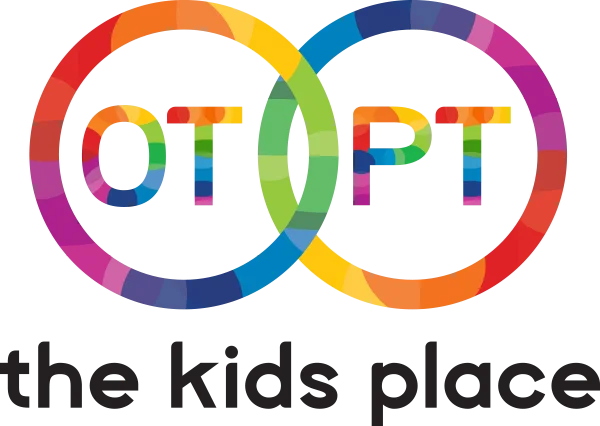Developmental Coordination Disorder (DCD), previously referred to as Dyspraxia or occasionally “the clumsy child”, is a common lifelong disorder affecting fine and/or gross motor abilities. It affects learning skills such as balance and posture, basic motor patterns (walking, running, jumping, skipping) and more skilled movements that require practice, planning, attention and working memory e.g. ball skills, riding a bike or scooter, drawing, handwriting and sport skills.
There may also be a range of co-occurring difficulties which can have a negative impact on a child’s daily life. These may include social and emotional difficulties, as well as problems with time management and personal organisation, which can affect schoolwork and home life too.
Developmental Coordination Disorder (DCD) may exist with other conditions, such as ADHD, Dyslexia, Autism, and Specific Language Impairments. Therefore, children may have a more complex profile and a range of difficulties which can emerge over time.
At the Kids Place, we have created a fun and safe environment that caters to all age ranges and ability levels. A collaborative therapy approach is important to us, with parent / whanau involvement being an essential part of the therapy process.
We are fortunate to have both Occupational Therapists and Physiotherapists working closely together to understand, share ideas and work out how best to support your child.
We are very happy to link in with other healthcare providers and your child’s kindergarten or school, to ensure your child is understood and supported, as well as assist the carry over of goals and treatment advice.
At The Kids Place:
- We work to support children who may be seen as ‘awkward’ or ‘clumsy’, to be better understood, find their strengths, and learn perseverance to reach individual as well as family/ whanau and school goals.
- We aim to support the development of a healthy self-esteem.
- Our initial assessment will include clinical observations and an assessment of both gross and fine motor skills by a Physiotherapist and Occupational Therapist to find out what might be causing the child to have motor coordination difficulties.
- Once we have assessed your child, we may decide to work on the gross motor components first, such as improving strength, balance and coordination through play, before moving towards pre-writing, writing, and fine motor skills and activities.
- We will grade the skill level of each activity during our sessions to encourage success and build confidence in each child and can teach parents and teachers how to do this too.
We can offer formal standardised motor assessments such as the Movement ABC, the Miller Assessment for Pre-schoolers (MAP) or the Bruininks-Oseretsky Test of Motor Proficiency (BOT-2), to confirm whether there is a significant movement disorder such as Developmental Coordination Disorder / Dyspraxia.
